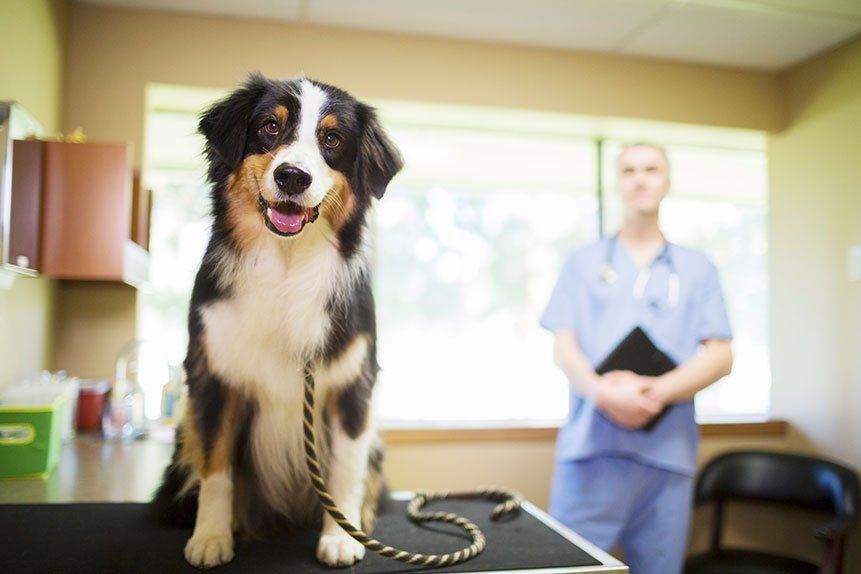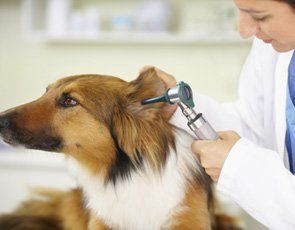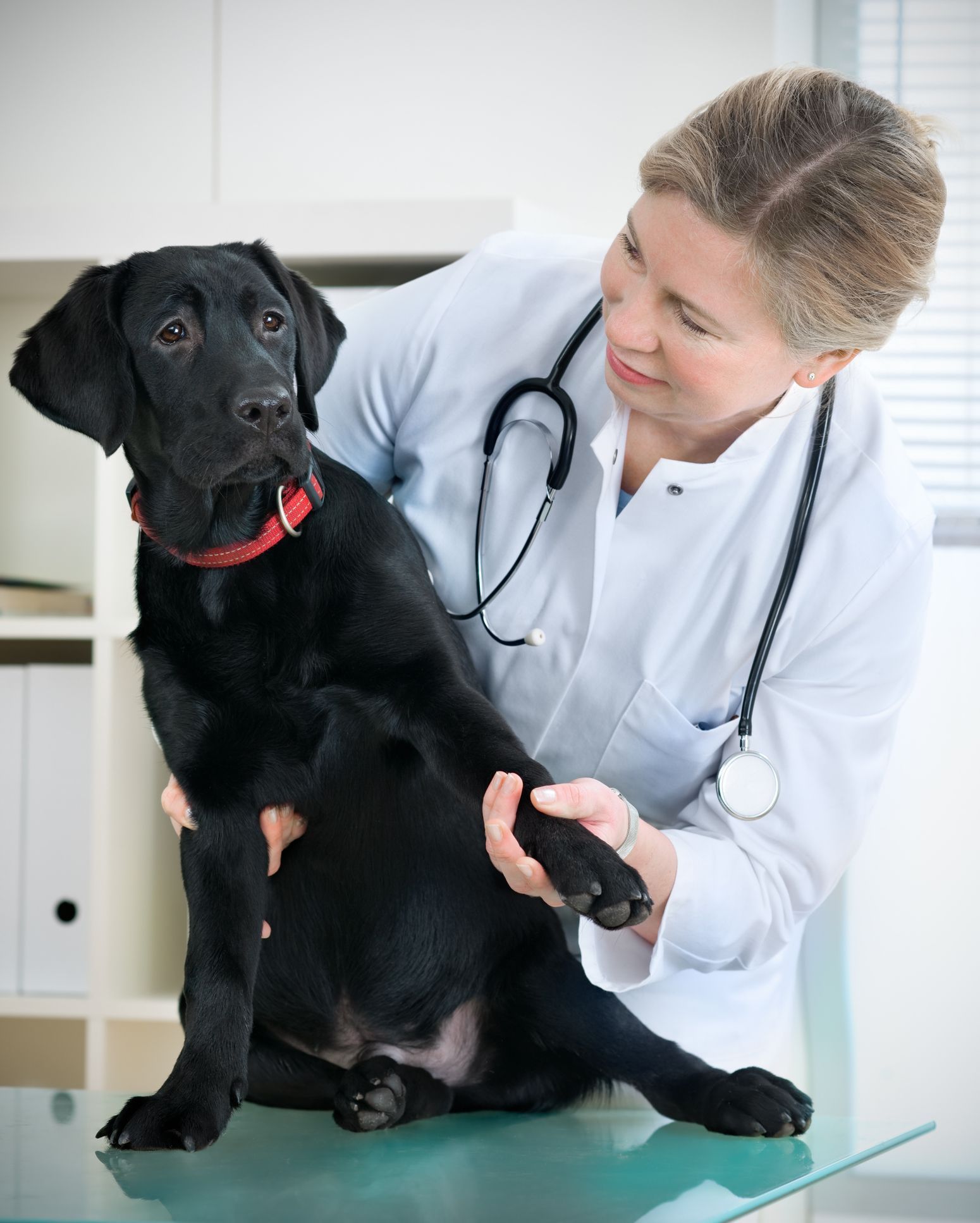What Causes a Dog's Breath to Smell? An FAQ for Dog Owners

Not all pet owners know this, but dogs can develop dental problems just like people. Dog owners who are aware of the many dental problems that dogs can develop can make the effort to protect their dogs from painful, unpleasant dental conditions. This FAQ will help educate dog owners about the many problems that can develop if a dog's teeth are not cleaned regularly.
What Causes a Dog's Breath to Smell?
Smelly breath is an indication of dental disease. Bad breath is just one symptom of dental disease. Other symptoms include:
- Stains on the teeth and gums
- Loose teeth
- Chipped teeth
- Cracks in the tooth enamel
- Pain when eating or reluctance to eat
- Reluctance to chew on favorite chew toys
- Red, inflamed, puffy gums
These symptoms can be a warning sign of periodontal disease or gingivitis. The best way to get a diagnosis is to take your dog to the veterinarian and let the vet check your dog's teeth.
What Causes Dental Disease in Dogs?
Dental disease happens when bacteria builds up in the mouth. Canine teeth need attention in much the same way that human teeth need attention. When oral hygiene is not addressed on a regular basis, this can lead to dental disease.
What Can You Do to Prevent Canine Dental Disease?
How Does the Veterinarian Treat Canine Dental Disease?
Dentists can treat a dog's canine dental disease with a deep cleaning of the tooth enamel above and below the gum line. If the disease is advanced, the dentist may need to perform a tooth extraction to remove infected teeth. Tooth removal can often be prevented if the dog is brought to the dentist for annual checkups.
Does Dental Cleaning Hurt Your Pet?
Dogs are placed under anesthesia for their dental cleaning. This keeps the dog relaxed throughout the procedure and ensures that the veterinarian can access all of the difficult-to-reach places in the dog's mouth.
Where Can You Get More Answers to Your Questions?
If you have more questions about dental disease and how it can be treated, contact Sylvan Corners Pet Hospital. We're happy to answer all pet owner questions about pet dental care, dental disease, pet tooth brushing, and more.


























